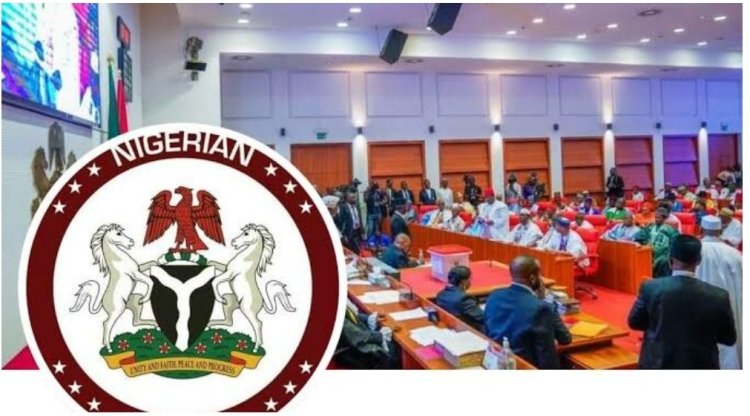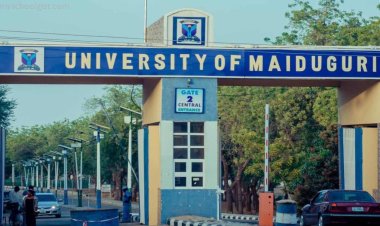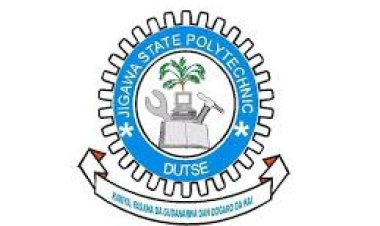Senators Express Concerns Over Funding Allocations in 2024 Budget
Within 72 hours of the budget presentation, lawmakers raised concerns about the absence of detailed information on budgetary provisions for Ministries, Departments, and Agencies (MDAs). Some senators expressed reservations regarding the allocations for the power and education sectors.

The 2024 Appropriation Bill, presented by President Bola Ahmed Tinubu to the National Assembly, has faced scrutiny during its Second Reading in the Senate. Senators voiced their discontent over what they perceived as inadequate funding for key sectors, particularly power and education.

Within 72 hours of the budget presentation, lawmakers raised concerns about the absence of detailed information on budgetary provisions for Ministries, Departments, and Agencies (MDAs). Some senators expressed reservations regarding the allocations for the power and education sectors.
READ ALSO: Nigerian Prodigy Priscilla Asikhia Breaks Records: Earns Ph.D. at 25, Becomes Youngest Graduate of Babcock University
Senator Enyinnaya Abaribe criticized the 3% provision for the power sector, emphasizing its inadequacy in addressing the country's need for stable and sufficient power supply. Abaribe urged a reconsideration of the budget, stating, "How do we generate jobs if there is no power? I think we need to reorder the budget; otherwise, the whole thing will be garbage in, garbage out."
Former President of the Senate, Ahmad Lawan, echoed Abaribe's concerns, aligning with the view that the budgetary provisions for the power sector were insufficient.Senate Minority Leader Abba Moro raised objections to the provision for education, stating that the 7% allocation in the 2024 Appropriation Bill fell short of UNESCO's recommended benchmark of 26% in the annual budget for education. Moro emphasized the need for increased funding to address the quality funding demands, including those raised by the Academic Staff Union of Universities (ASUU).
RECOMMENDED FOR YOU: Ajayi Crowther University Graduates 36 First-Class Students among 974
UNESCO's benchmark, as highlighted in the Education For All Report for 2000 to 2015, calls for a significant increase in financial commitment to the education sector. The organization proposed that governments should allocate between four per cent and six per cent of GNP to education, with 15 per cent to 20 per cent of the government budget earmarked for education.
Senators Amos Yohanna and Adams Oshiomhole also engaged in a discussion about the foreign exchange rate, with Yohanna expressing concerns about the parallel market rate, and Oshiomhole advocating for a focus on well-thought-out macroeconomic policies to drive economic growth.Senator Francis Fadahunsi called for the Executive arm to return funds taken from capital projects in the 2023 Budget, which were reallocated for palliatives in the 2023 Supplementary Budget.
INCASE YOU MISSED: Mareena Robinson Snowden: Pioneering the Path as the First Black Woman with a Nuclear Engineering PhD from MIT
While urging continued support for the administration's efforts to tackle insecurity, Senator Ahmad Lawan emphasized the importance of parliamentary oversight in ensuring accountability and achievement of set targets in the utilization of funds.The Second Reading of the 2024 Appropriation Bill sets the stage for further deliberations and possible adjustments in subsequent legislative proceedings.





